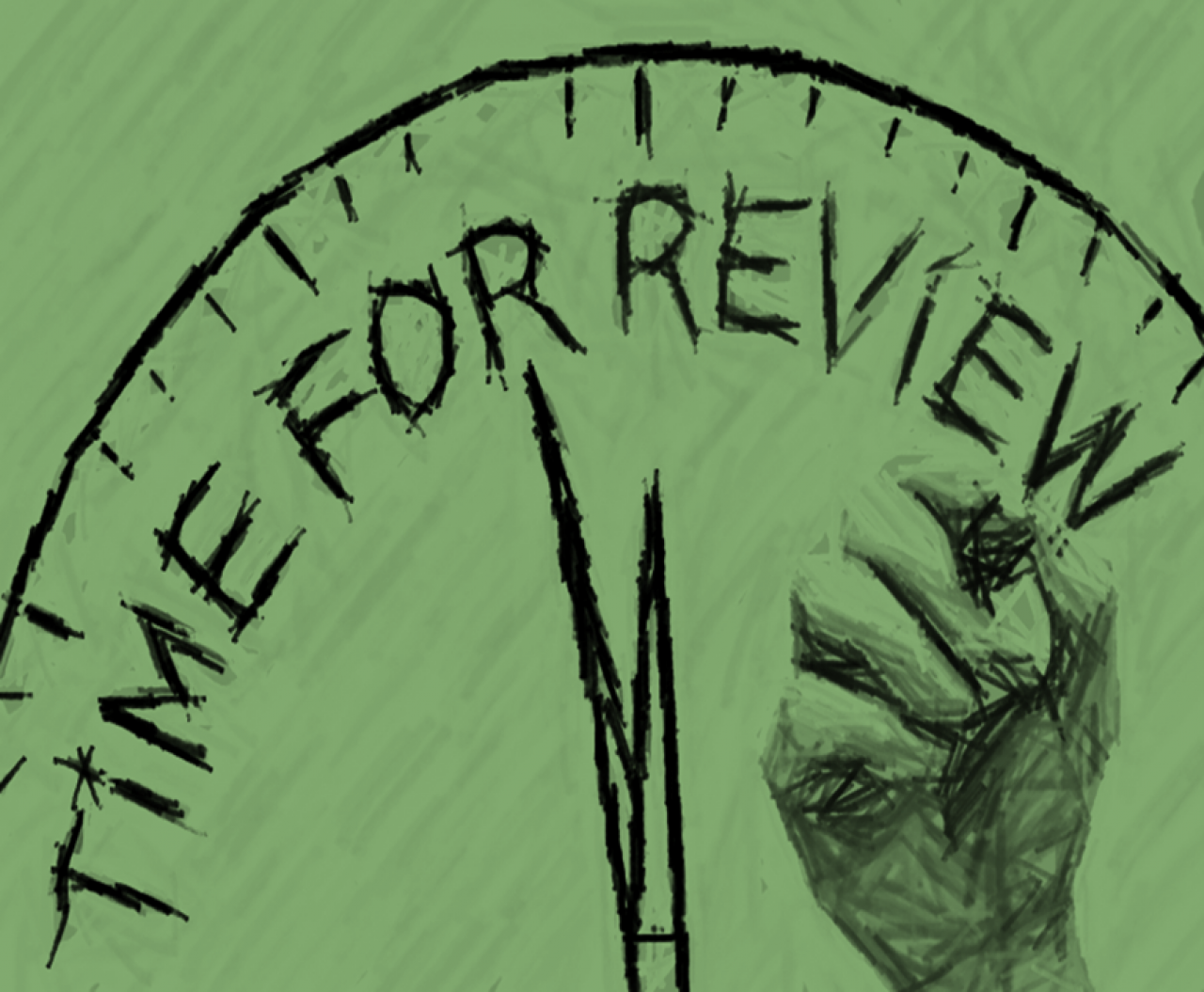
“If you can’t measure it, you can’t improve it”. The authorship of the quote is often debated and assigned to different authors, from Peter Drucker to Lord Kelvin or to Antoine-Augustin Cournot, but if there doubts on who said it first, anyone agrees with its reasoning. Especially in complex projects, you need to take time along the process to stand back, listen to the parts involved, and measure what you have achieved so far, in order to improve your doings and make sure you reach your final aims.
That is also certainly the case in URBACT Action Planning Networks, which involve several cities that are often collaborating for the first time, working with a new open method, engaging stakeholders who haven’t been involved in participative processes before, all with the support of an expert they’ve never worked before. Urban policy planning is complex and time-consuming and the APNs’ path towards quality action plans that reflect the vision of local stakeholders and point the towards a more sustainable future is challenging even for experienced participants. So, there’s certainly the need to pause and reflect on progress being made, by means of a Mid-Term Review (MTR), somewhere near half-way in the project.

In the IoTXchange network, and following the guidelines for the Mid-Term Review set by the URBACT Secretariat, this self-monitoring process started before summer, with the adaptation of the suggested MTR survey to the context of our network and its online publication end of July, allowing for all the 8 partners to reply to it throughout the month of August, according to their best availability within this typically holidays month. The timing was one side perfect, as the project – now with a duration of 30 months for Phase 2 due to the extension because of the COVID pandemic – will reach its halfway mark (15 months) by mid-August, but also because the summer break is really the most adequate time to pause for a while, stop the daily tasks, and just stand back and take some time to quietly reflect on what has been achieved. But on the other hand, the completion of the survey during the Summer may have limited the number of replies prepared in collaboration, either with city team members or, and especially, with local stakeholders, as it would have been desired.
The completion of the survey was followed by the organisation of the Mid-Term Review Session at the occasion of the Transnational Network Meeting held online by Jelgava Local Municipality on 16-17 September. The session was scheduled for the first day – 16 September - with the participation of Marcelline Bonneau, as Thematic Expert of the network.

The replies and inputs provided by partners in these MTR survey and session, have confirmed their overall high level of satisfaction with the thematic knowledge acquired, especially through network interactions, and the level of support provided at programme and in particular at network level. It has also demonstrated that in spite of challenges such as the COVID pandemic and its consequences and a changing, and often unpredictable, political landscape across Europe, partners are in general confident in their capacities to complete and delivery Integrated Action Plans that will increase the quality of life and sustainability of their cities, by adopting new technologies, applications and services based on Internet of Things, which serves as validation of the relevance and importance of the topic of the network.
Overall, and in conclusion, the MTR has confirmed the very good level of progress of the IoT Network, and while there are areas for concern and others for improvement, the very good state of play has to be credited to a very efficient coordination from an experienced Lead Partner, to sound, robust and clear project implementation methods developed and supported by the URBACT Secretariat (including the provision of expertise to the networks) and to committed and engaged partner cities, that in spite of all the challenges placed to local authorities by the COVID pandemic have managed to keep the project within their top priorities, thus expressing their trust in the long term benefits it will bring to their local communities.
